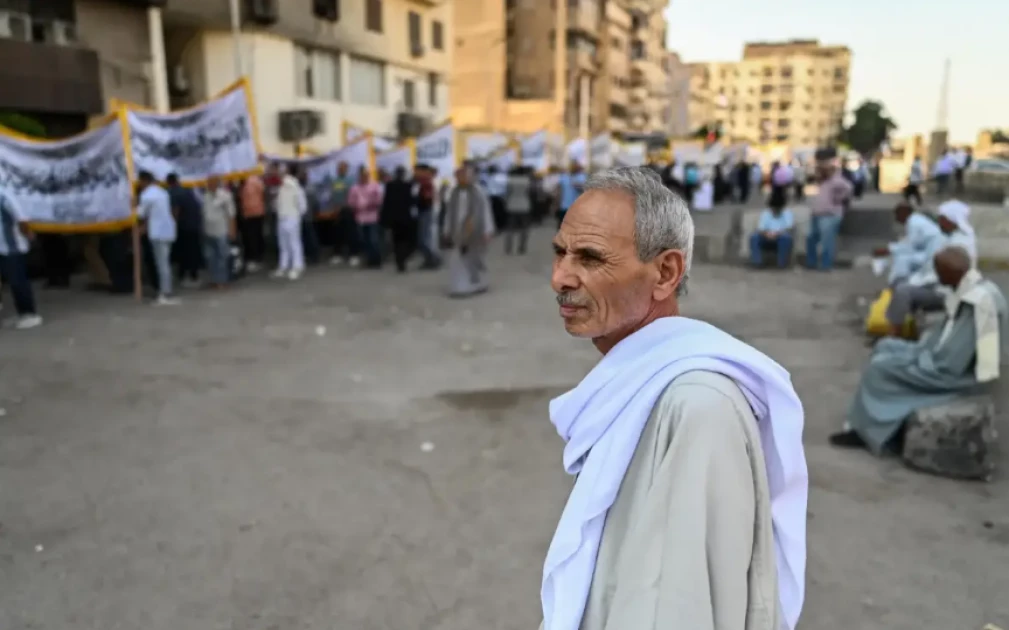Egyptians to vote in Senate election dominated by pro-gov't bloc


Audio By Carbonatix
Egyptians will cast their votes this week in Senate
elections widely viewed as a formality, with the ballot dominated by a
pro-government coalition and lacking substantial opposition.
The two-day vote beginning on Monday will elect 200 of the
300 seats in the upper chamber of parliament, with the remaining third
appointed directly by President Abdel Fattah al-Sisi, Egypt's former army chief
who came to power after ousting Islamist president Mohamed Morsi in 2013.
Among the elected seats, 100 are reserved for individual
candidates, while the other 100 are decided in a so-called closed list vote, in
which the winning political parties choose the lawmakers who fill the seats.
The run-up to the vote has seen election posters scattered
around Cairo advertising the "National List for Egypt", a
pro-government coalition that is effectively running unopposed in the party
list vote.
The 13-member coalition is led by the pro-Sisi Mostaqbal
Watan (Nation's Future) party -- which currently dominates parliament --
and the National Front party, led by former minister Essam al-Gazzar.
Gazzar's newly formed party brings together former
government officials and has the financial backing of business tycoon Ibrahim
al-Organi, a close ally to Sisi.
In the absence of robust campaigning, Egyptians received
brief text messages reminding them of the vote from the Homat al-Watan
(Defenders of the Nation) party, also part of the coalition.
The National List grouping also includes historical
opposition parties, such as the liberal Wafd and leftist Tagamoa, which are now
aligned with the ruling establishment.
More than 400 candidates are competing for the 100 seats
reserved for individuals, but with many of them likewise affiliated with
National List parties, genuine opposition remains limited.
Two years after the 2011 uprising that toppled longtime
leader Hosni Mubarak, Egypt adopted a unicameral parliamentary system and
dissolved the Senate, only to reinstate it six years later in 2019.
While its opinions are technically consultative, lawmakers
say they are typically followed by the more influential lower house of
parliament, where genuine opposition is also limited.
Results from the first round of the Senate vote are expected
on August 12, with a second round scheduled for later in the month.
The chamber will sit for five years, with a quota of at
least 10 percent of its seats reserved for women.
Parliamentary elections for the lower chamber are due to
follow in November.
Sisi's administration, long maligned for its rights record,
launched a national dialogue in 2022 in an apparent overture to the country's
decimated opposition.
But the years since have seen a widening crackdown on
dissent, according to rights groups, who estimate tens of thousands of
political prisoners remain behind bars.


Leave a Comment